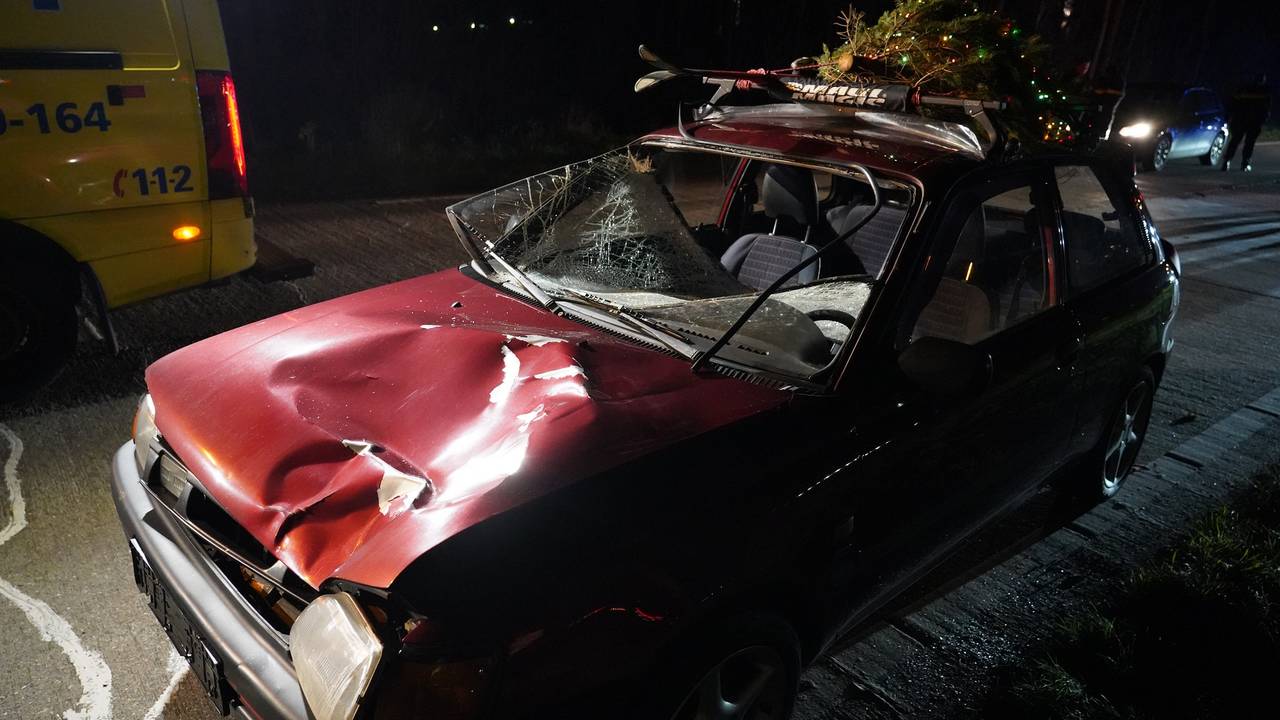Running of the areas Security and Defensethe vice president Victoria Villarruel He got a nod in another of the topics that interests him: the politics of memory, truth and justice. The Minister of Justice, Mariano Cúneo Libaronamaintained that what happened in the ’70s must be judged “comprehensively” in line with what Villarruel has been pursuing for a long time: putting the militants who survived that time in the dock.
“All the trials that are in process will continue through their normal channel through justice independently and freely, and with the standards that exist today,” Cúneo Libarona promised in an interview he gave to the newspaper. The nation.
“What I want is to expand human rights”, said the head of the Justice portfolio, and explained that he wanted to put victims at the center of criminal law. Among the victims he mentioned a woman who was deceived and took $30,000 from her, a man who was stabbed on Avenida del Libertador, or another who had his cell phone stolen.
When they asked him about the military’s demand promoted by Villarruel, Cúneo answered: “Human rights policy will also have that perspective. The ruling of the Trial of the Boards in point 8 addresses that as well. “What Dr. Villarruel says must be present on the table.”. Possibly Cúneo is referring to chapter 8 of the ruling in case 13/84, which refers to the decrees that enabled the action of the Armed Forces in 1975.
“What happened has to be judged comprehensively,” he agreed. Since 2006, Villarruel has headed an organization that was created in reaction to the reopening of the processes against the repressors. From there, he sought to judge the militants – possibly following the advice that former SIDE head Carlos Alberto Martínez gave to the Forum of Retired Generals: to promote cases against the militants as a strategy to force a general amnesty.
Cúneo Libarona also justified his election of former judge Alberto Luis Baños to lead the Nation’s Human Rights Secretariat (SDH), and said that both Baños and Marcelo Ruiz – who presents himself as a “plenipotentiary” advisor to the Minister of Justice – were cordially and friendly received by the human rights organizations in the exESMA .
This statement is not strictly true because its envoys only had contact with the organizations that make up the board of the entity that manages the exESMA and not with the table of organizations that follow the national agenda on the subject. It was an informal talk that took place for a few minutes last Wednesday, after Baños met with the directors of the different areas of the SDH.
Baños’ first foray into the SDH was last Tuesday, when he met with the outgoing secretary, Horacio Pietragalla Corti. The meeting went off without a hitch. According to him, Baños promised to continue with the criminal trials and the policy of institutional violence, although he did talk about this idea of “expanding” the universe of victims with which the Secretariat works. SDH workers understood that it could be the way to include the “victims of terrorism” that Villarruel invokes.
Cúneo Libarona, in a report with The country of Spain, justified that the ministry he leads no longer bears the name of Justice and Human Rights. “I believe that human rights are within the word justice. I encompass them. Human rights are much more than the missing, state terrorism, terrorism,” he said.


